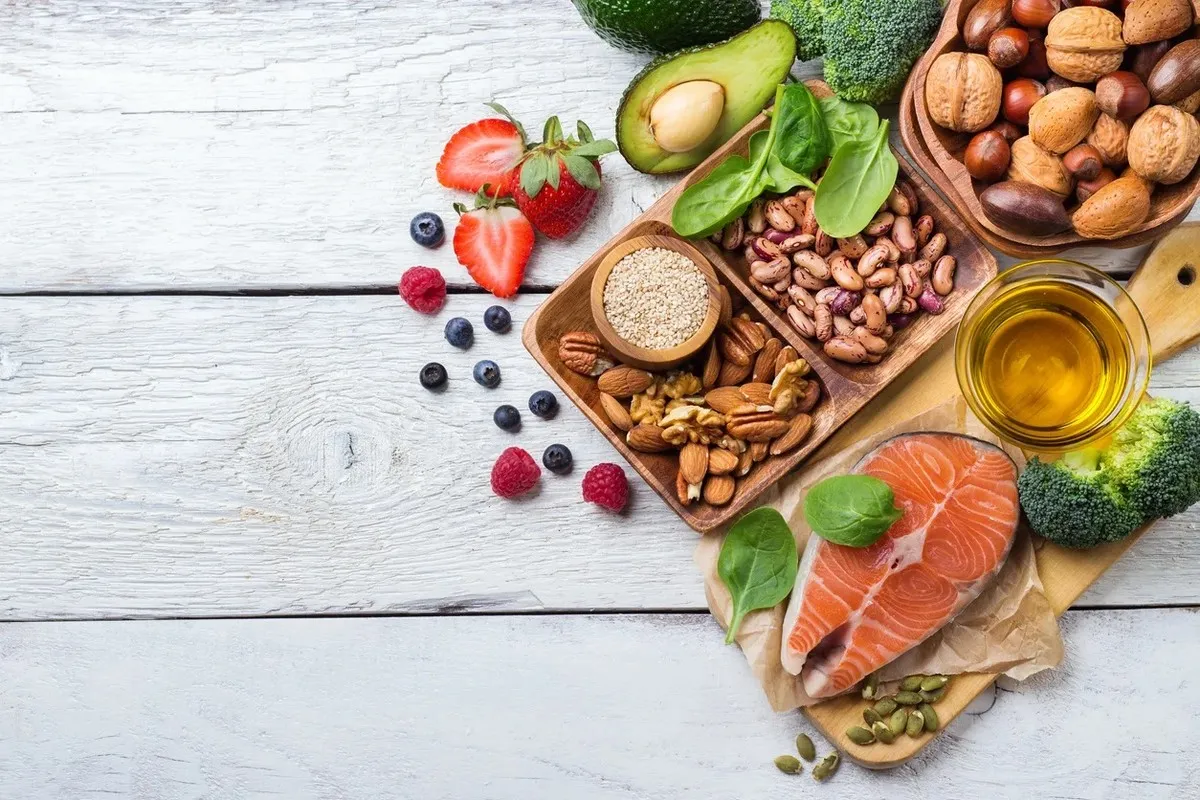02/12/2024
02/12/2024

NEW YORK, Dec 2: Anti-inflammatory foods, rich in plant compounds like polyphenols and natural antioxidants, help reduce oxidative damage to your tissues, supporting better overall health.
We’re all familiar with stress eating—grabbing unhealthy snacks when overwhelmed. While they may provide temporary comfort, science shows that fried, fatty, sugary, and ultra-processed foods actually increase inflammation in the body.
What is inflammation?
Inflammation is the immune system’s natural response to injury or infection. In small amounts, it’s beneficial: it increases blood flow and directs immune cells to the affected area to help fight infection.
However, low-grade, persistent inflammation—often caused by chronic stress—can contribute to chronic diseases and exacerbate psychological distress, creating a vicious cycle of stress eating.
While processed, sugar-laden comfort foods are pro-inflammatory, there are other foods that can reduce inflammation. These anti-inflammatory foods include fruits, vegetables, whole grains, beans, fish, poultry, nuts, seeds, and olive oil, which are rich in plant compounds and antioxidants that help combat oxidative damage.
Can an anti-inflammatory diet help with chronic stress?
Dr. Uma Naidoo, a Harvard-trained nutritional psychiatrist and author of This Is Your Brain on Food, suggests that an anti-inflammatory diet can be effective in managing stress, but with a few important considerations.
“As in life, medicine, and health, it’s never just one thing,” Naidoo explains. “A holistic approach to stress involves mindfulness, exercise, and better eating. But if you have to focus on one thing, choose diet—food makes a difference.”
Managing stress through food isn’t a quick fix, though. It’s a long-term commitment: “It’s a marathon, not a sprint,” says Naidoo. “You’re building a foundation for health with steady, lasting changes.”
The benefits of an anti-inflammatory diet
Cutting inflammatory foods from your diet can immediately improve your energy, mood, and sleep. But consistent anti-inflammatory eating changes your digestive system within about a month. Naidoo explains, “Many of us walk around with gut inflammation caused by food, and healing the gut typically takes 28 days.”
The key is reducing processed foods and increasing whole foods. This shift not only benefits your physical health but also supports your mental wellbeing.
Promoting a healthy gut
A Mediterranean diet, rich in fish, poultry, fruits, vegetables, whole grains, and healthy fats, has been shown to reduce inflammation by changing the gut microbiome. Probiotic and fermented foods also support a healthy gut.
Best foods: Greek yogurt, kefir, kimchi, kombucha, sauerkraut.
Lowering cortisol levels
Cortisol, the stress hormone, is released by the adrenal glands during stressful situations. While it’s necessary in small amounts, prolonged cortisol can be harmful. Foods rich in magnesium can help regulate cortisol levels and promote relaxation, offering quick stress relief.
Best foods: Avocados, bananas, broccoli, dark chocolate, pumpkin seeds, spinach.
Regulating stress hormones
Herbs and spices can also play a significant role in fighting inflammation. Garlic, for example, is a prebiotic that supports gut health, while turmeric helps regulate stress hormones by influencing the hippocampus, a brain region involved in stress responses.
Best foods: Garlic, turmeric, ginger, cinnamon, cayenne pepper.
Fighting free radicals
Phytonutrients, the compounds responsible for the rich colors in plants, help protect against inflammation. Filling your plate with colorful fruits and vegetables provides a powerful defense against stress-induced inflammation.
Best foods: Leafy greens, blueberries, strawberries, carrots, sweet potatoes, blackberries, beets.
Incorporating these anti-inflammatory foods into your diet can help manage stress and promote better overall health, offering long-term benefits for both your mind and body.


